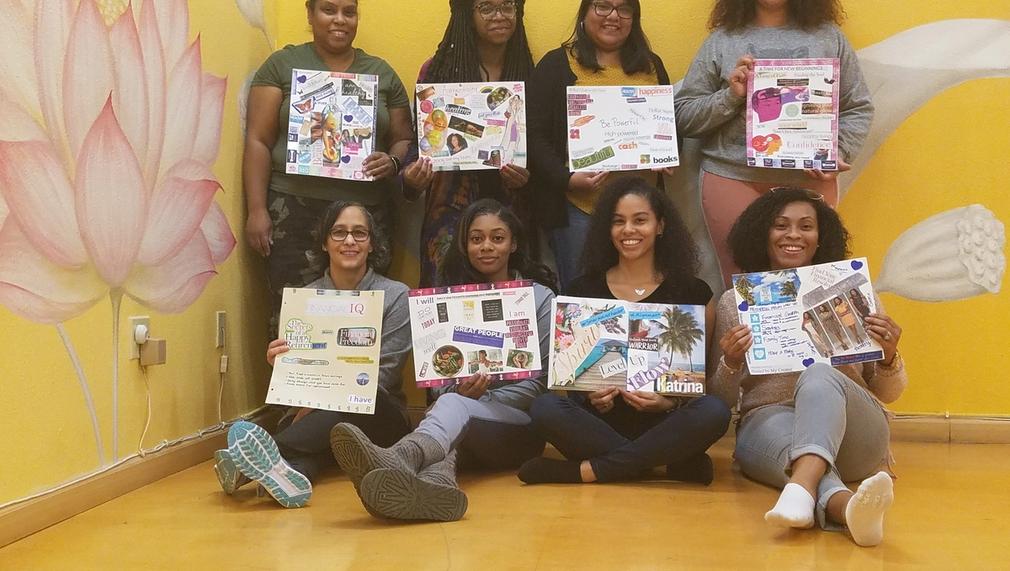Honor & Release: Mental health support for fire survivors
Through group therapy and community grief rituals, Manifesting M.E. Wellness will provide overdue, trauma-informed, culturally responsive, mental health support to survivors of the Eaton Fires, the 2nd most destructive fire in LA County history.

What is the primary issue area that your application will impact?
Wildfire relief
In which areas of Los Angeles will you be directly working?
San Gabriel Valley
In what stage of innovation is this project, program, or initiative?
Pilot or new project, program, or initiative (testing or implementing a new idea)
What is your understanding of the issue that you are seeking to address?
The Eaton Fire, which was the second most destructive wildfire in California history, destroyed nearly 6,000 homes in Altadena, alongside 80-plus commercial buildings and dozens of schools. In addition to Altadena, the fire also destroyed over 9,400 structures across the broader affected area, including neighboring Pasadena and Sierra.
This fire disproportionately impacted the more disenfranchised members of the community and demolished an historic, Black neighborhood of Los Angeles County.
The trauma of witnessing, evacuating and losing belongings, people, community and jobs was felt across the county (and even the country) however as the fires settled many provided physical, financial, and legal support but the mental and emotional impact also needs to be addressed to mitigate potential long term mental health concerns.
Describe the project, program, or initiative this grant will support to address the issue.
We'll provide holistic, trauma informed, culturally responsive mental health services including group therapy and community grief rituals in-person for youth and adults. Group will take place in quarterly cohorts of 12 week, 90 minute sessions. Group sessions are provided in English and Spanish and can be modified for all abilities.
Each cohort begins with an orientation and ends with a reception and ritual to honor their journey. Remaining sessions will engage participants in a mix of Western psychology- based and culturally responsive practices they can use to process the impact of grief/loss of belongings/loved ones/housing/work/community, survivors guilt, and provide psychoeducation on signs and symptoms of trauma.
Providing these tools/resources will help survivors to cope with rebuilding their lives and manage the stress regardless of their living arrangements. All supplies/materials, refreshments, and wellness kits will be provided for participants.
We will also host a community grief ritual in January 2026 for the one year anniversary of the fires. This is the best response to this tragedy because it honors the demographics grief and cultural needs. Addressing trauma directly, in culturally responsive ways, decreases trauma symptoms and mitigates long-term mental health concerns. This will also allow for Black and brown community at large to process the impact of the fires and honor the land.
Describe how Los Angeles County will be different if your work is successful.
In order for collective community healing to occur, individuals must have the space, tools, and support to process and move through their trauma. The road to recovery, physical, emotional, and financial recovery, is long and the community cannot contribute positively to society without recovering in a well-balanced way.
With this grant we hope to make holistic trauma informed, culturally responsive mental and emotional health services available to a community that has experienced so much devastation. We hope to address the trauma and grief symptoms members of this community are experiencing to decrease any distressing symptoms and lower the chances of long term mental health concerns. Through the nature of group therapy and rituals we hope to decrease isolation and honor the spirit of community so deeply rooted in this neighborhood and its members instilling a sense of hope for rebuilding for the future.
Approximately how many people will be impacted by this project, program, or initiative?
Direct Impact: 120
Indirect Impact: 480